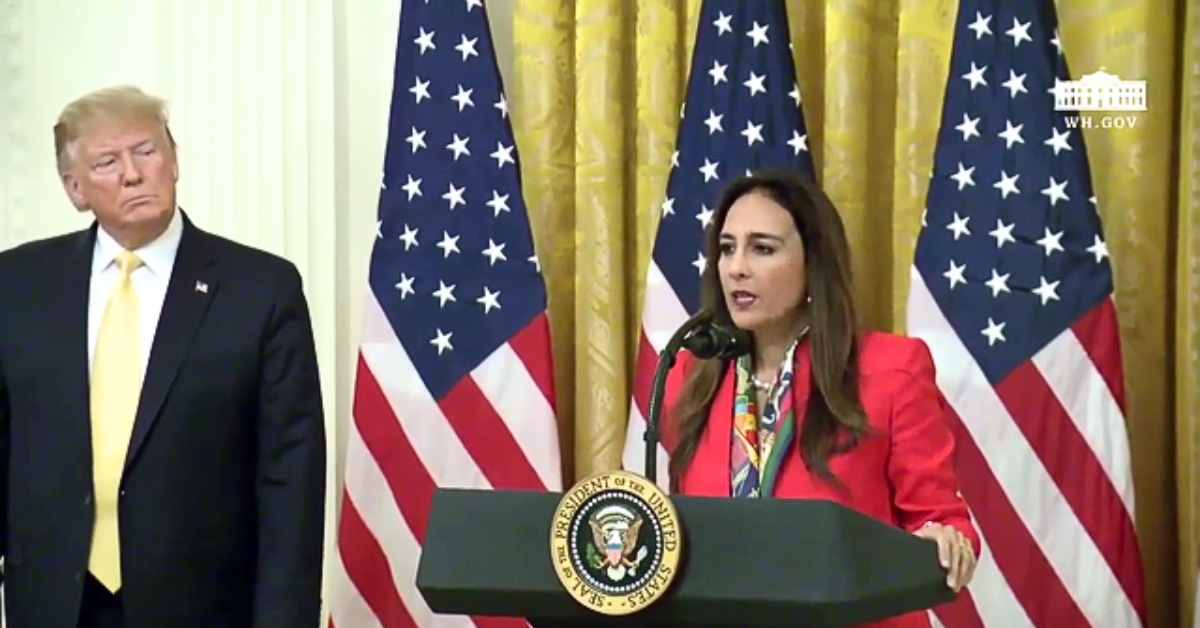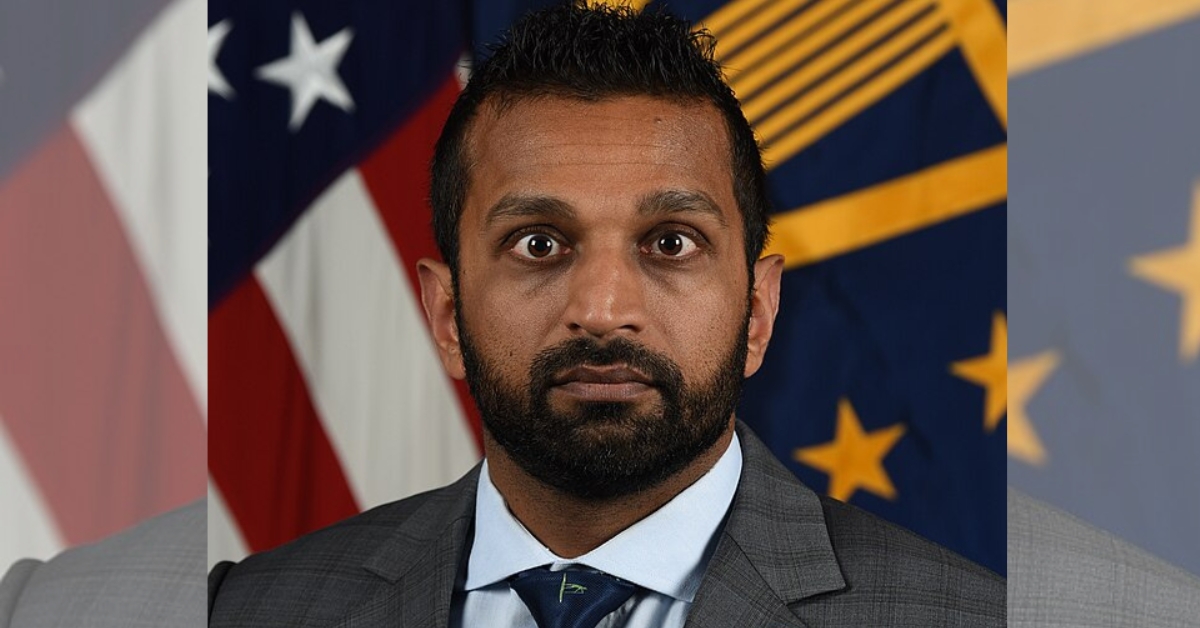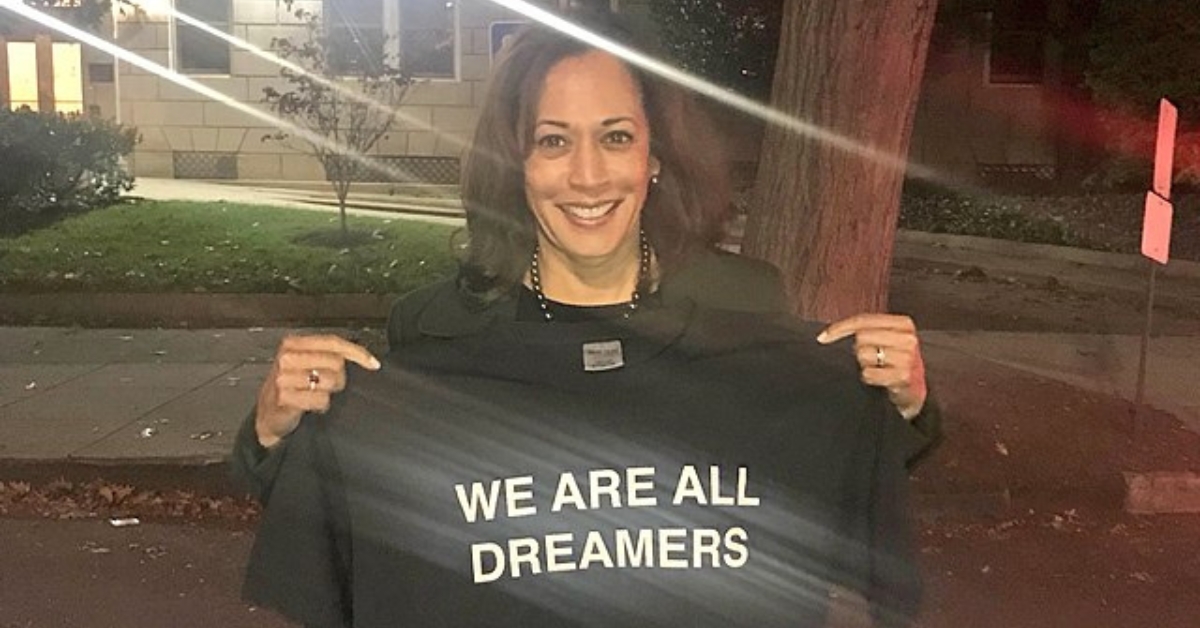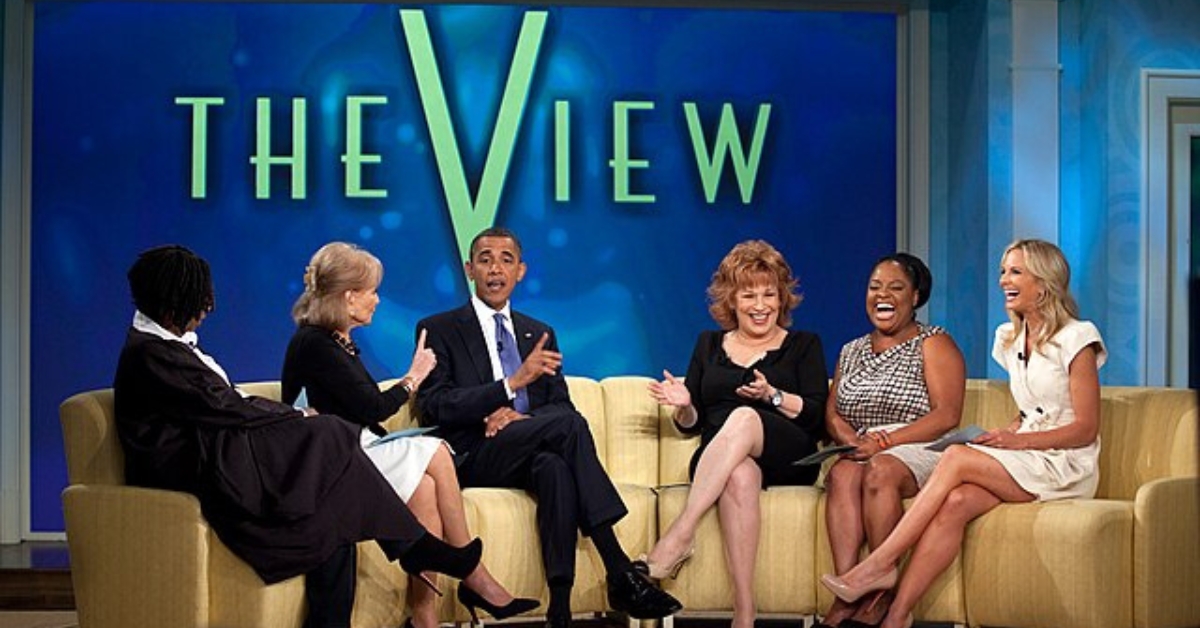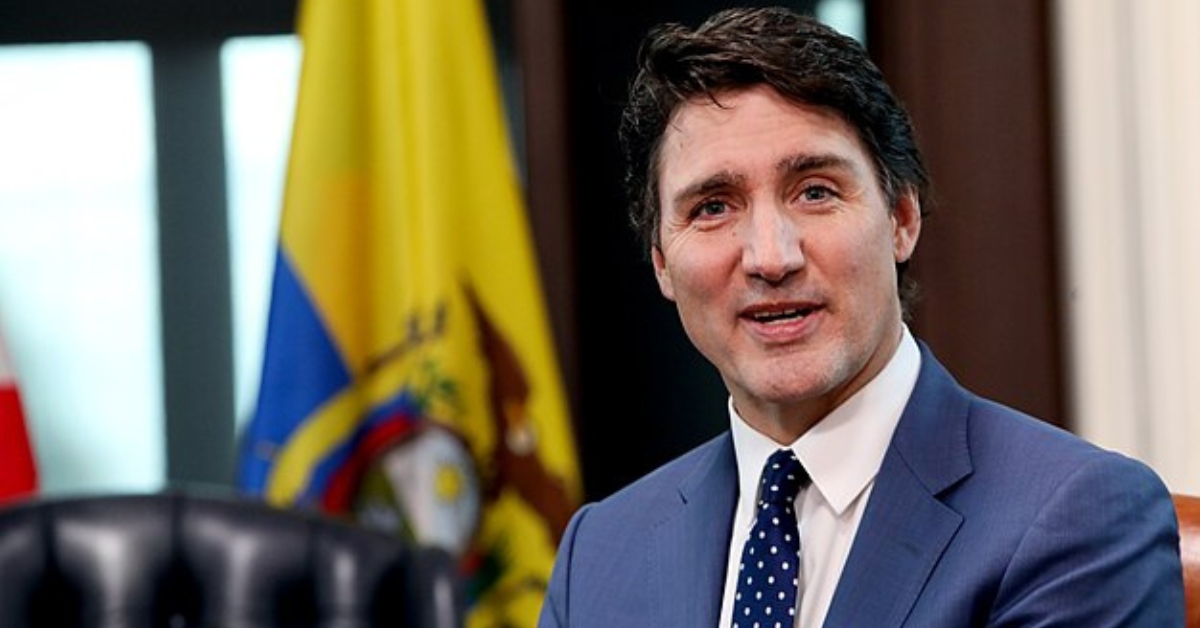
Kamala Harris’s Campaign Reportedly Has Debt of $20 million after Defeat
In a revealing twist to the end of the 2024 presidential campaign, Vice President Kamala Harris’s bid has not only ended in electoral defeat but also in a staggering financial fiasco. Christopher Cadelago of Politico and Matthew Boyle of Breitbart News have unveiled that Harris’s campaign tanked into a $20 million debt pit despite raising over a billion dollars—money that now seems to have evaporated into thin air.
It’s an almost unbelievable scenario: $1 billion in campaign funds dissipating, with the campaign still scrambling to pay bills and outstanding staff wages. The debacle paints a grim picture of mismanagement and perhaps a touch of desperation. Rob Flaherty, deputy campaign manager under the direction of Jen O’Malley Dillon, is reportedly now peddling Harris’s fundraising email list to anyone willing to buy, a move smacking of financial desperation.
The financial hemorrhage seems to have been exacerbated by O’Malley Dillon’s decision to splash out on high-profile concerts featuring stars like Katy Perry and Bruce Springsteen, prioritizing glitz over grassroots campaign essentials like social media and ground operations. Whether these celebrities were paid or not remains unclear, but the production costs alone were colossal. This strategy allegedly left a Georgia team so financially strapped they had to lay off 100 staffers.
Kamala Harris: Mismanagement of America and of Campaign Funds
Further inside scoops from disgruntled campaign staff suggest a chaotic and divisive atmosphere. Workers have voiced frustrations over unpaid wages and poor leadership, specifically targeting O’Malley Dillon’s heavy-handed management style, which they claim stifled Harris and forced the campaign to operate more like an extension of Joe Biden’s rather than a platform tailored to Harris’s strengths and vision.
This stark revelation about Harris’s campaign isn’t just about numbers; it’s a telling insight into a campaign that was possibly doomed from the start by its own internal contradictions and mismanagement. The strategic blunders—spending exorbitantly on celebrity endorsements while neglecting essential campaign machinery—reflect a profound misunderstanding of electoral priorities and voter engagement.
Many Americans look at this and see a bullet dodged. If Harris’s campaign team could dive into such debt with a billion dollars at their disposal, one shudders to think how her administration might have managed the nation’s finances. The debacle serves as a cautionary tale about the dangers of prioritizing spectacle over substance, a lesson that voters seemed to intuitively understand as they returned Donald Trump to the White House.
